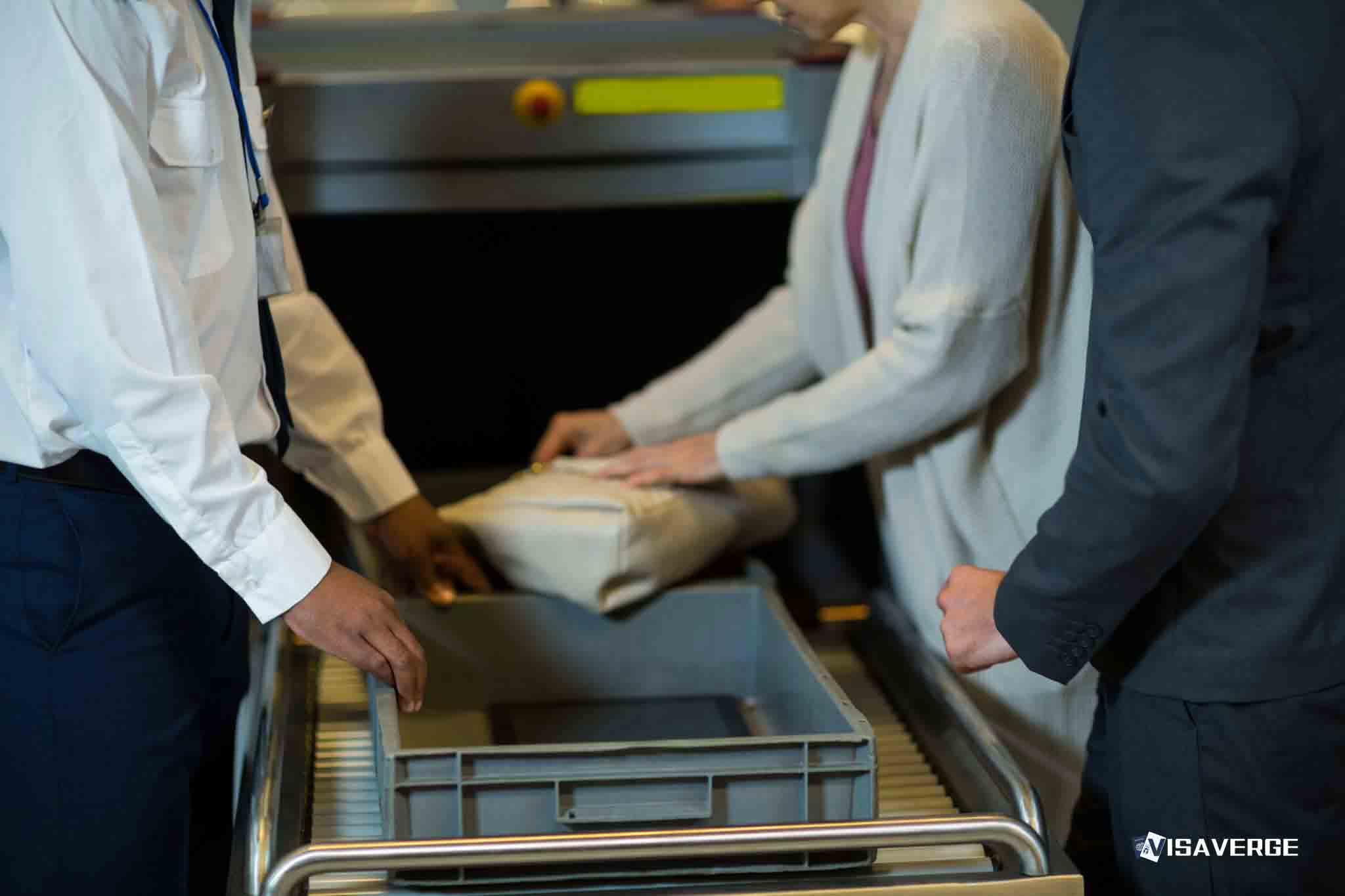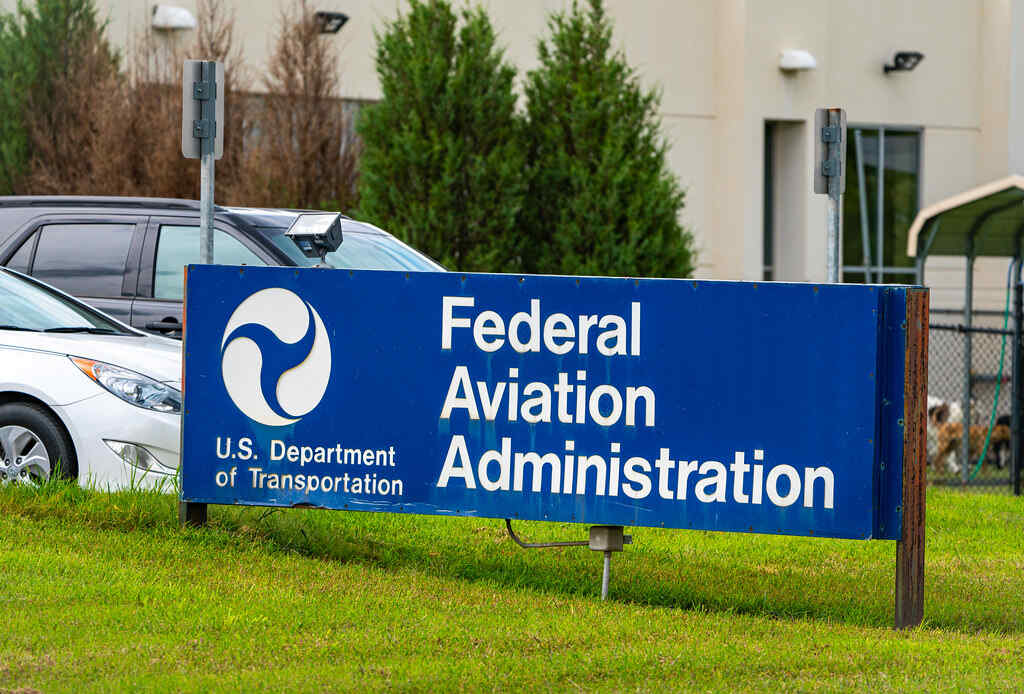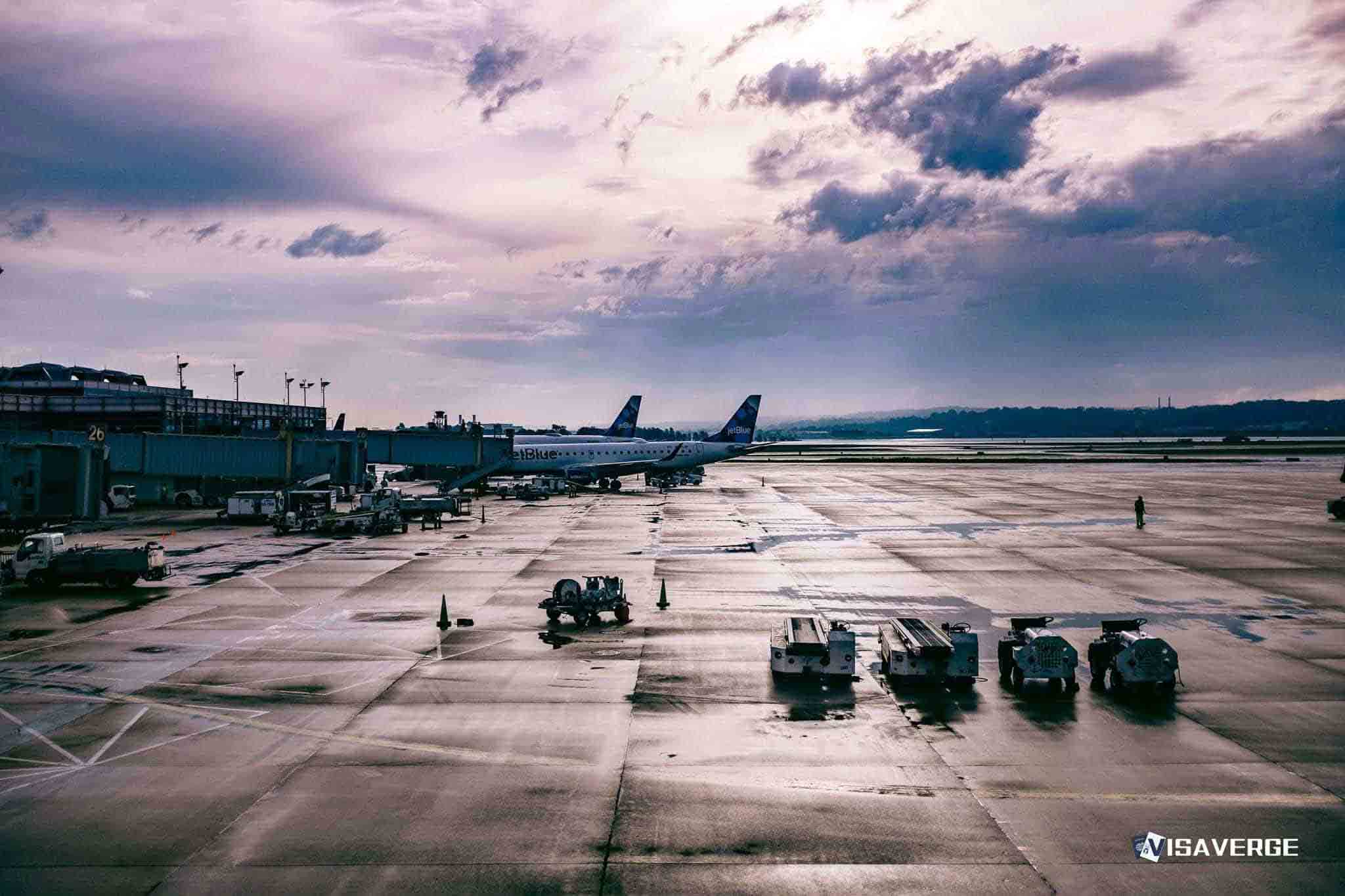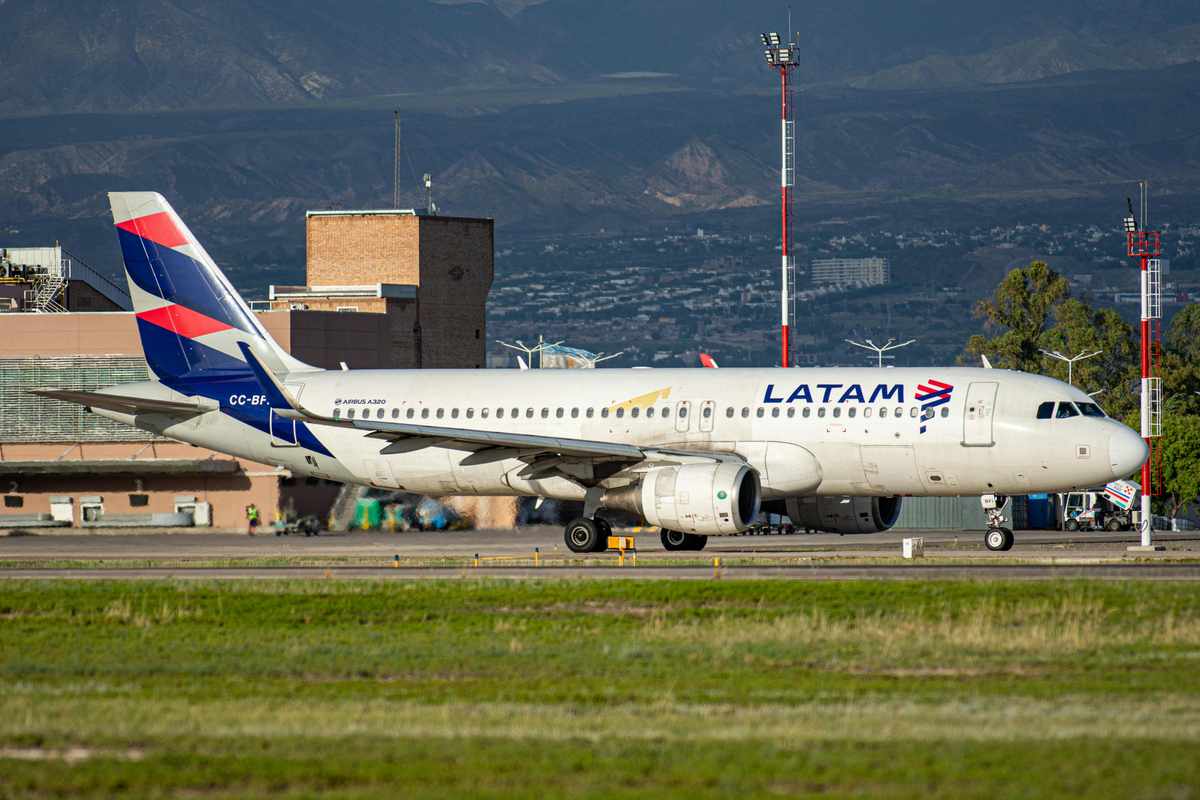Key Takeaways
• Madison College and Wisconsin Aviation launched the Professional Aeronautics Certificate (PAC) in August 2023 for pilot training.
• The PAC program closely follows FAA regulations, ensuring graduates meet industry and safety standards for professional pilot certification.
• FAA hosts aviation safety seminars nationally; although not specific to Madison College, its rules and outreach influence local training.
Madison College and Wisconsin Aviation have built a strong partnership to support people who want to become professional pilots. This partnership is centered around a unique training program that began in August 2023, aiming to help students launch successful flying careers. The Professional Aeronautics Certificate, offered through Madison College in close cooperation with Wisconsin Aviation, combines classroom learning and hands-on flight training. While some may expect that this program also includes a direct partnership with the Federal Aviation Administration (FAA) for a joint flight safety seminar, information shows that while such collaborations for specific events are not recorded, the FAA’s presence in aviation training and safety remains crucial both nationwide and in the Wisconsin area.
This article takes a close look at what the Madison College and Wisconsin Aviation partnership involves, how the FAA plays a role in the broader aviation safety and training environment, and why these efforts matter to students, flight schools, and the wider flying community.

Madison College and Wisconsin Aviation: Building Professional Pilots
Madison College, known for its strong technical education programs, has teamed up with Wisconsin Aviation, which operates from Dane County Regional Airport. Their joint program, the Professional Aeronautics Certificate (PAC), gives students a fast path to enter professional flying. Here’s how it works:
- Ground Courses: Students attend classes at Madison College’s Truax campus where they learn aviation theory, regulations, weather basics, navigation, and the science behind flight. This builds a solid foundation before anyone sets foot in a plane.
- Flight Training: The practical side happens at Dane County Regional Airport. Wisconsin Aviation, as a well-established flight school, gives students real flying experience. They start in training aircraft, referred to as single-engine planes, and gradually move on to more advanced flying challenges.
As reported by VisaVerge.com, this structure is designed to help students move efficiently from learning the basics to meeting the requirements needed for professional pilot jobs. The certificate has become popular since its launch in August 2023, thanks in part to its close connection to local industry standards and opportunities.
The Role of the FAA in Aviation Training and Safety
The FAA, which stands for Federal Aviation Administration, sets the rules for flying in the United States 🇺🇸. All flight training programs, like the one with Madison College and Wisconsin Aviation, must follow the FAA’s regulations. The FAA decides what must be taught, how flight tests are run, and what skills a pilot needs before getting a license. This helps keep flying as safe as possible.
Although there is no specific record of a flight safety seminar run jointly by Madison College, Wisconsin Aviation, and the FAA, the FAA regularly hosts safety events all over the country. These events are open to pilots, students, and anyone with a keen interest in flying. For example:
- The FAA often holds “IMC Club” meetings, such as one planned in Madison for May 21, 2025, called “Mammoth Winds West of Macon.” These club meetings are for discussing tricky flying situations and making better decisions in bad weather. (You can see upcoming seminars on the FAA’s official events page.)
- FAA annual safety seminars happen in many flight schools and colleges. One example is a session set for January 25, 2025, at the Big Bend Community College Flight Training Center.
- The FAA also arranges forums nationwide, like the group of “FAA Safety Center Forums” held in April 2025.
Even if the current search does not show a special FAA seminar at Madison College or Wisconsin Aviation, both organizations follow FAA rules closely in their everyday training.
Why is FAA Safety Training Important?
- Improved Flight Safety: The number one concern in aviation is keeping people safe. The FAA’s guidelines and training events teach pilots how to avoid common mistakes, handle emergency situations, and stay current with the latest rules.
- Required Knowledge for Certification: Before students can get any pilot license—such as a private pilot license—they need to pass written exams and practical flight tests approved by the FAA.
- Changing Requirements: The FAA often updates its rules. For example, changes can appear in areas like medical exams, flight hours, or training equipment. By hosting regular safety events and sharing updates through seminars and written briefings, the FAA helps all pilots stay informed.
The fact that Madison College and Wisconsin Aviation have structured their PAC program to meet the most current FAA standards means their graduates will always be ready for the realities of the job.
How the Partnership Helps Students
Many students choose aviation because they dream of flying for airlines, cargo companies, or as flight instructors. The Professional Aeronautics Certificate program brings them closer to that goal by:
- Speeding up the Learning Process: The courses are accelerated, letting students move quickly from classroom to cockpit.
- Job-Ready Skills: Students get both the knowledge and the real-world flying experience that employers want.
- Access to Industry Connections: Thanks to Wisconsin Aviation’s strong regional ties, students are better placed for job placements or further training after graduation.
As a result, the program addresses a real need. There is a growing demand for pilots both in the United States 🇺🇸 and around the world, as airlines expand routes and replace retiring staff.
The Big Picture: National and Regional Impact
While the Madison College and Wisconsin Aviation program is local, its effects are much bigger. Here are some ways this approach helps:
Meeting a Nationwide Pilot Shortage
There is a well-known shortage of commercial pilots in the United States 🇺🇸. Major airlines have warned that they need thousands of new pilots in the next few years. By offering a clear path from beginner to certified professional, programs like the PAC fill a key gap.
Supporting Regional Aviation
Training programs run by local colleges and flight schools often keep young talent in the area. This boosts jobs, supports the local economy, and helps regional airports thrive.
Raising Training Standards
By closely following FAA rules and drawing on best practices, the program sets a high bar for other schools. This can raise the quality of aviation training across the country.
The Role of Safety Events and FAA Outreach
Although the current search does not reveal a specific joint seminar, the tradition of FAA engagement with flight schools remains strong. FAA outreach helps in several ways:
- Keeping Pilots Informed: Rules can change suddenly, such as updates on weather hazards, airspace shifts, or maintenance regulations. Forums and seminars make sure frontline pilots hear updates straight from the experts.
- Creating a Safety Culture: Discussing lessons from real incidents or reviewing new safety tools together encourages everyone, from teachers to students, to stay alert and careful.
- Encouraging Lifelong Learning: The FAA supports the idea that every pilot should keep learning after earning a license. Ongoing access to safety events encourages pilots to keep their skills sharp.
Madison College’s Commitment to Modern Aviation Training
The Truax campus of Madison College is more than just a classroom—it’s a hub for technical education, with modern facilities and experienced teachers. By partnering with Wisconsin Aviation, the college offers:
- Hands-On Practice: Students don’t just read about flying—they do it, with supervision, from day one.
- Support for Diverse Students: The program welcomes people from all backgrounds, including veterans and those changing careers.
- Clear Pathways: Students can enter jobs right after, or use the credits earned to move into advanced college programs if they choose.
You can learn more about the details of the Professional Aeronautics Certificate directly from the Madison College website.
Wisconsin Aviation: Training with Real-World Experience
Based at the Dane County Regional Airport, Wisconsin Aviation brings decades of flight school experience to the partnership. They oversee the “on the ground” part of flight instruction and also handle equipment maintenance. Key features of their approach include:
- Wide Range of Aircraft: Students have access to different kinds of training planes, which prepares them for a variety of jobs after graduation.
- Qualified Instructors: All flight teachers are certified under FAA standards, bringing both technical know-how and real flying experience to their teaching.
- Community Involvement: Wisconsin Aviation hosts or participates in many local aviation events, helping create a friendly, supportive environment for new pilots and their families.
Staying Connected with the FAA: Opportunities for Students
Even if there isn’t a record of a special joint FAA seminar with Madison College and Wisconsin Aviation, students and faculty are always encouraged to take part in wider FAA events. Some opportunities include:
- Attending Regional FAA Seminars: These meetings let students hear directly from FAA officials and leading experts about the latest trends or urgent safety tips.
- Reading FAA Safety Briefings: The FAA regularly publishes free guides and newsletters. Students can sign up to get the latest news, so they’re never left out when a new rule or safety tip is announced.
- Networking: Through FAA forums, students can meet other pilots, future employers, and mentors.
Challenges and Looking Ahead
With the fast pace of change in aviation, this partnership—and others like it—must stay flexible. Challenges include:
- Adapting to New Technology: As flight simulators and advanced avionics (the electronic systems in planes) become more common, students must learn to handle both the basics and new digital tools.
- Keeping Up with Changing FAA Requirements: Every rule update means new classes, updated exams, and sometimes changes in equipment.
- Growing Student Diversity: With more people from different backgrounds entering aviation, training must remain welcoming and supportive to all.
Even so, the strong relationship between Madison College, Wisconsin Aviation, and the wider safety network provided by the FAA means students are well-placed for success in a changing industry.
Summary: Training Tomorrow’s Pilots, Anchored in Safety
To sum things up, the partnership between Madison College and Wisconsin Aviation, grounded in the rules and best practices shaped by the FAA, provides a direct, hands-on route to a career in flying. The Professional Aeronautics Certificate stands out for its mix of strong classroom knowledge and real-world flying. While there’s no current record of a joint FAA flight safety seminar specifically with these two institutions, the program’s foundation in FAA-approved methods ensures students are always training to the highest, safest standards.
For those just starting out or thinking of switching careers, this partnership offers a clear, supported road into aviation. It also helps meet the growing need for pilots in the United States 🇺🇸 while keeping local talent in the region. If you’re interested in what the FAA requires or what new safety rules involve, the official FAA website contains up-to-date information and resources for students, instructors, and all aviation fans.
Whether in the air or on the ground, programs like this show just how important strong, practical training and a focus on safety are for the future of flying. As aviation continues to grow and change, the teamwork of Madison College, Wisconsin Aviation, and the oversight of the FAA will help shape a new generation of safe, skilled pilots.
Learn Today
Professional Aeronautics Certificate (PAC) → A fast-track aviation training program combining classroom instruction and hands-on flight training for aspiring professional pilots.
Federal Aviation Administration (FAA) → The main U.S. government agency responsible for regulating aviation, ensuring pilot training quality and nationwide flight safety.
Flight Training → The practical aspect of pilot education, involving real-world practice piloting aircraft under certified instructor supervision.
IMC Club → FAA-sponsored meetings where pilots discuss challenging flying scenarios, particularly related to poor weather or limited visibility.
Aviation Safety Seminar → An educational event led by the FAA or experts to update pilots on safety procedures, rules, and best practices.
This Article in a Nutshell
Madison College and Wisconsin Aviation have joined forces with the FAA to prepare new professional pilots. Their program offers classroom theory and real flight training, focusing on both speed and safety. By closely following FAA standards, graduates are job-ready, addressing the growing pilot shortage in the United States.
— By VisaVerge.com
Read more:
• Zero-Emission Aircraft Delays Stall Net-Zero Aviation Dream
• Schubach Aviation Plants Flag With Bold New York Office
• LanzaJet to study Colombia’s first Sustainable Aviation Fuel plant
• Jacksonville Aviation Authority Bets Big on Project Bluebird
• Slate Aviation Launches Semi-Private Nantucket Flights













